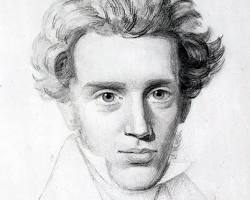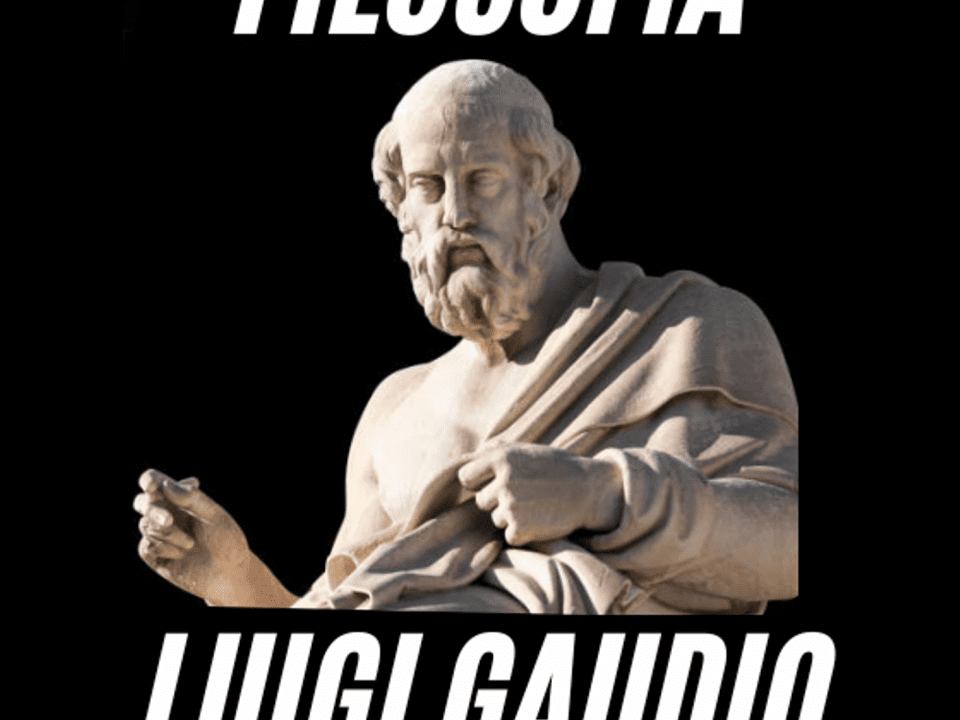


Spinoza: a philosophical inquiry
28 Novembre 2024


FAQ, quesiti e risposte sulla filosofia di Hegel
29 Novembre 2024A philosopher, mathematician, scientist, theologian, linguist, diplomat, jurist, historian, and magistrate, Leibniz engaged with virtually every area of knowledge of his time.
An Eclectic and Prolific Mind
Born in Leipzig in 1646, Leibniz displayed extraordinary intelligence and a thirst for knowledge from an early age. He studied philosophy, mathematics, law, and theology, demonstrating an unparalleled capacity for learning and synthesis.
His works span logic, metaphysics, mathematics, physics, politics, and theology. Among his most important contributions are:
- Mathematical Logic: Leibniz is considered one of the founders of mathematical logic, with his project for a “characteristica universalis,” a universal symbolic language capable of representing all concepts and reasoning.
- Calculus: Independently of Newton, Leibniz developed calculus, a fundamental mathematical tool for studying continuity and change.
- Monad Philosophy: He formulated a complex philosophy based on the concept of monads, simple and indivisible entities that compose everything that exists.
- Theodicy: Leibniz addressed the problem of evil and the justification of God, creating a theodicy to reconcile faith in divine goodness with the existence of evil in the world.
The Monads: The Building Blocks of the Universe
At the heart of Leibniz’s philosophy lies the concept of monads. Monads are simple, indivisible entities endowed with perception and appetite, reflecting the entire universe from different perspectives. Each monad is a microcosm containing the entire universe within itself.
Monads are created by God and characterized by a pre-established harmony, a predetermined correspondence between their perceptions and actions. In this way, Leibniz reconciles the individual freedom of monads with divine necessity.
Leibnizian Optimism
Leibniz is famous for his philosophical optimism. He believed that God, in His infinite wisdom and goodness, created the best of all possible worlds, a world where everything has its reason for being. Evil, according to Leibniz, is only apparent, stemming from our limited perspective.
The Influence of Leibniz
Leibniz’s work profoundly influenced philosophy, mathematics, and science. His ideas were taken up and developed by many later philosophers, including Kant and Hegel.
Leibniz’s Theory of Knowledge
Leibniz developed a theory of knowledge that mediates between rationalism and empiricism.
- Truths of Reason and Truths of Fact: Leibniz distinguished between truths of reason—necessary and universal truths knowable a priori (independently of experience)—and truths of fact, contingent and particular truths that require experience to be known.
- Principle of Sufficient Reason: Every truth, whether of reason or fact, has a sufficient reason, i.e., a cause or explanation.
- Monadology and Knowledge: Each monad, as a simple and indivisible substance, has an internal perception of the universe. Human knowledge derives from these perceptions, which can be clear and distinct (truths of reason) or confused and obscure (truths of fact).
- Innate Ideas: Leibniz argued for the existence of innate ideas, such as logical and mathematical principles, which are present in the human mind from birth and do not derive from experience.
The Concept of Substance in Leibniz’s Philosophy
For Leibniz, the fundamental substance is the monad:
- Monad: A simple, indivisible, active entity endowed with perception. Each monad reflects the entire universe from a particular perspective.
- Pre-established Harmony: Monads do not interact directly but are coordinated by God in pre-established harmony.
- Perception and Appetite: Each monad has internal perception, which can be conscious or unconscious, and appetite, which is the tendency to transition from one state to another.
Relationship with Other Philosophers
- Descartes: Leibniz shared Descartes’ rationalist approach and trust in reason as a tool for understanding reality. However, while Descartes emphasized the dualism of mind and body, Leibniz proposed a monadic monism.
- Spinoza: Both were rationalists but differed in their conceptions of God and substance. Spinoza embraced an immanent monism, identifying God with nature, while Leibniz proposed monadic pluralism and a creator God.
Contributions to Mathematical Logic
Leibniz is regarded as one of the founders of mathematical logic.
- Characteristica Universalis: He envisioned creating a universal symbolic language capable of representing all concepts and reasoning.
- Calculus: Independently of Newton, he developed calculus, a fundamental tool for studying continuity and change.
- Combinatorial Logic: He anticipated some ideas of modern logic, such as the quantification of variables and combinatorial logic.
Leibniz’s Theodicy
Theodicy is the attempt to justify the existence of evil in a world created by a good and omnipotent God. In his most famous work, Essays on Theodicy, Leibniz addressed this philosophical problem with an original solution:
- The Best of All Possible Worlds: According to Leibniz, God, being infinitely wise and good, created the best of all possible worlds. Each possible world has its own perfection, but God chose the one with the highest degree of overall perfection.
- Evil as Lack of Being: Evil, for Leibniz, is not a positive being but a lack of being, a privation of good. It is like a shadow accompanying light.
- Human Freedom: Humans, while part of a preordained order, possess a certain degree of freedom. However, this freedom is limited by the nature of things and the laws of the universe.
Contributions to the Philosophy of Language
Leibniz anticipated many fundamental issues in the philosophy of language:
- Characteristica Universalis: Leibniz dreamed of creating an artificial universal language, capable of representing all concepts and reasoning. This idea underpins mathematical logic and computer science.
- Language and Thought: Leibniz believed in a deep connection between language and thought. Language not only expresses thoughts but also shapes them.
- Logical Analysis of Natural Language: Leibniz conducted in-depth logical analyses of natural language, foreshadowing some of the themes later developed in modern logic.
Influence on Subsequent Philosophy
Leibniz’s influence on subsequent philosophy has been immense.
- German Idealism: Kant, Hegel, and Schopenhauer were deeply influenced by Leibniz, especially by his theory of knowledge and conception of reality.
- Mathematical Logic: Leibniz is considered one of the founders of mathematical logic, with his project of a characteristica universalis. His ideas were developed by logicians such as Frege and Russell.
- Philosophy of Mind: Leibniz’s theory of monads influenced theories of consciousness and the mind-body relationship.
- Philosophy of Language: Leibniz anticipated many fundamental issues in the philosophy of language, such as the relationship between language and thought and the nature of concepts.
In conclusion, Leibniz was a polymath who left an indelible mark on many fields of knowledge. His philosophy, centered on the concept of monads and pre-established harmony, offers a complex and fascinating vision of the universe that continues to inspire philosophical reflection.
FILOSOFIA dell’età moderna
Materiale didattico e appunti su atuttascuola
- GOTTFRIED WILHELM LEIBNIZ – filosofia di Miriam Gaudio
- L’idea del principio in Leibniz e l’evoluzione della teoria deduttiva di Sandro Borzoni
- Gottfried W. Leibniz
Materiale didattico e appunti su altri siti
-
Appunti di Interruzioni Leibniz
-
LEIBNIZ di Diego Fusaro
-
L’inconscio nella filosofia e nella psicoanalisi. Da Leibniz a Freud di Alberto Barli
-
Monadologia di Leibniz (edizione sinottica in Francese, Latino e Italiano) – testo on-line
-
Cartesio, Leibniz e l’illuminismo di Hans Georg Gadamer
-
Leibniz del prof. Piero Carelli
Audio Lezioni, ascolta il podcast di Filosofia del prof. Gaudio
Ascolta “Filosofia” su Spreaker.




